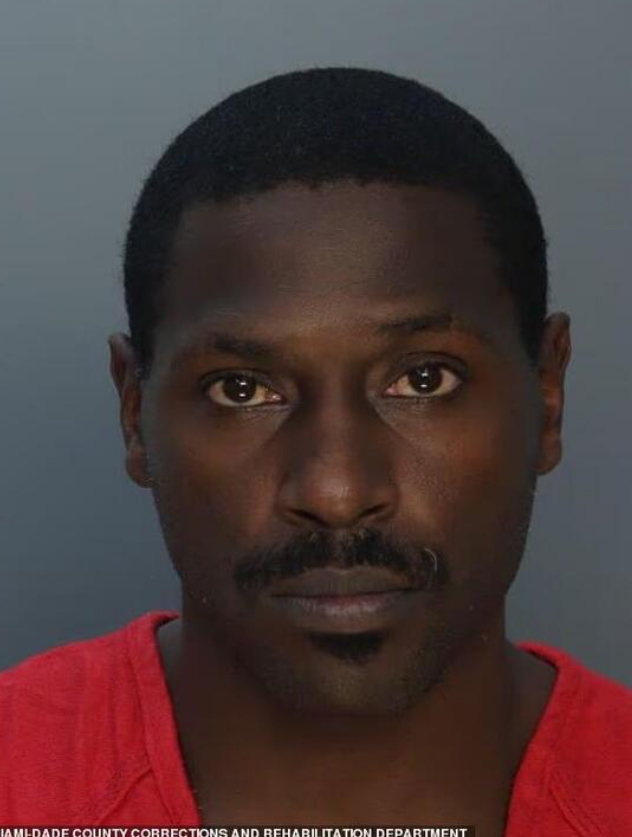Former NFL wide receiver Antonio Brown has been ordered to remain under house arrest while he faces a second‑degree attempted murder charge in Miami. The restriction comes after he posted bond and is subject to GPS monitoring.
What the court ordered
- A Miami‑Dade judge granted Brown $25,000 bond, allowing him to be released from custody on the condition that he remain under house arrest and wear a GPS ankle monitor.
- The charge stems from a May 16 2025 shooting outside a celebrity‑boxing event, when authorities allege Brown fired a gun at a man after grabbing a firearm from a security guard. The victim reportedly sustained a graze wound to the neck.
- His prior passport was revoked, and as a further condition the court ordered he cannot leave Broward County without permission.
Why this matters
- Brown’s status as a high‑profile former NFL star makes this legal development especially critical. He faces up to 15 years in prison if convicted.
- House arrest conditions are significant: while avoiding jail time for now, Brown remains restricted and under court supervision, which could complicate personal and professional plans.
- The case underscores issues of athlete conduct after their professional careers and raises questions about accountability, justice and public image.
What to watch next
- Whether the prosecution will move for detention, arguing Brown is a flight risk or a danger to the community.
- How Brown’s legal team builds its defense — the attorney has claimed self‑defense and called the charge exaggerated.
- Whether Brown will comply with house arrest terms and how any violation (e.g., leaving jurisdiction, removing GPS monitor) might trigger revocation of bond.
- How this development impacts any endorsements, media appearances or business activities for Brown moving forward.


0 Comments